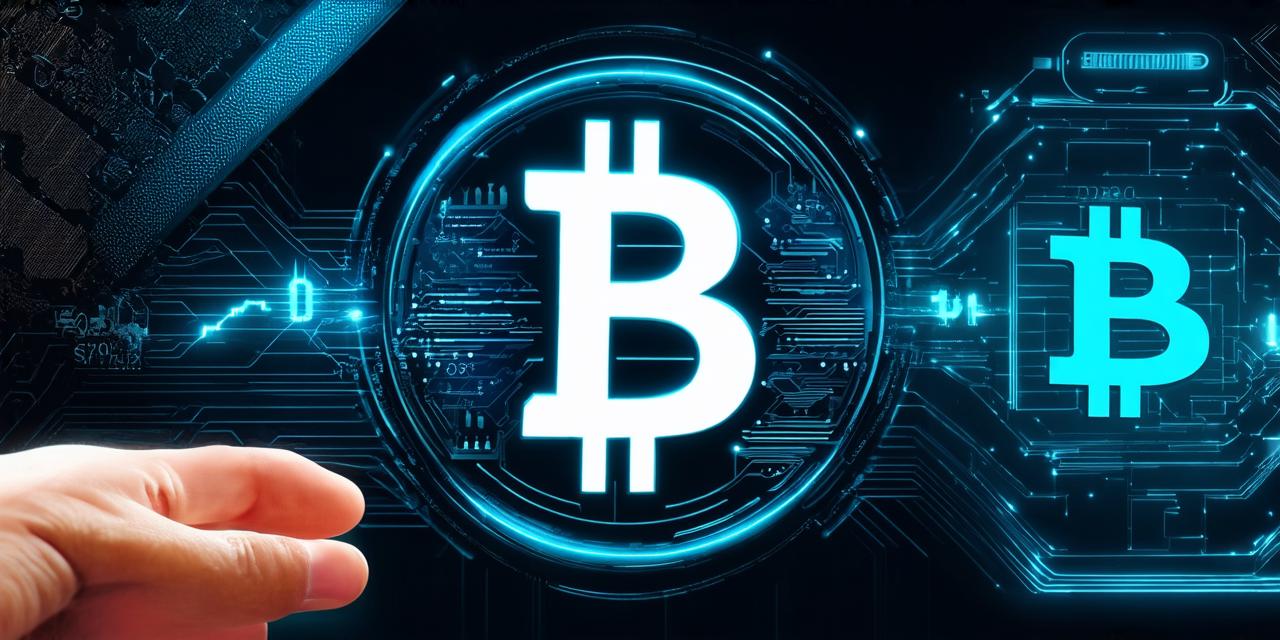What is blockchain technology and how does it work for beginners
Understanding Blockchain Technology
Blockchain technology is a distributed database that stores information in blocks that are encrypted and linked together. This creates a secure and transparent way to store and transfer data, without the need for intermediaries like banks or governments.
Definition of Blockchain
A blockchain is a decentralized database that stores information in blocks, each of which contains a unique cryptographic hash. This hash is generated using the data in the block, creating a permanent and immutable record of the information stored on the blockchain. The blocks are linked together using cryptographic hashes, creating a chain of blocks that cannot be altered or deleted without compromising the integrity of the entire database.
How Blockchain Works
The process of creating a new block in a blockchain involves several steps:
- Validation: The first step is to validate the data being added to the blockchain. This is done by verifying that the data meets certain criteria, such as being accurate and complete.
- Mining: Once the data has been validated, it is added to a new block. This block is then encrypted using a cryptographic hash function, which creates a unique code that can be used to verify the integrity of the block.
- Consensus: The next step is for all participants on the blockchain network to agree that the new block is valid and should be added to the database. This is done through a consensus mechanism, such as proof-of-work or proof-of-stake.
- Broadcasting: Once the consensus has been reached, the new block is broadcasted to all participants on the network.
- Adding to the Blockchain: Finally, the new block is added to the existing chain of blocks, creating a permanent and immutable record of the data stored on the blockchain.
Benefits of Blockchain Technology
Blockchain technology offers several benefits over traditional databases, including:
- Decentralization: By eliminating the need for intermediaries like banks or governments, blockchain technology allows for a more decentralized and secure way to store and transfer data.
- Transparency: All participants on the blockchain network have access to a real-time record of all transactions and data stored on the blockchain, providing greater transparency.
- Immutability: Once data is stored on a blockchain, it cannot be altered or deleted without compromising the integrity of the entire database. This creates an immutable and tamper-proof record of information.
- Security: Blockchain technology uses cryptographic hashes to secure the data stored on the blockchain, making it more resistant to hacking and fraud.
Real-Life Examples of Blockchain Technology
Bitcoin is perhaps the most well-known example of blockchain technology. It is a decentralized digital currency that uses a blockchain to store and transfer transactions.
Bitcoin
Ethereum is another example of blockchain technology, it is a decentralized platform that allows developers to build and deploy applications on a blockchain.
Smart Contracts
Smart contracts are self-executing contracts with the terms of the agreement written directly into lines of code. They are stored on a blockchain, allowing for secure and transparent execution of the contract without the need for intermediaries like lawyers or notaries. Smart contracts can be used in a variety of industries, including finance, real estate, and supply chain management.
Supply Chain Management
Blockchain technology can also be used to improve supply chain management by providing a secure and transparent way to track products from production to delivery. By using a blockchain-based system, all participants in the supply chain have access to a real-time record of product movements, allowing for greater transparency and accountability.
How Blockchain Technology is Changing the World

Blockchain technology has the potential to revolutionize many industries, including:
- Finance: By eliminating intermediaries like banks, blockchain technology allows for faster and more secure transactions, reducing costs and increasing efficiency.
- Healthcare: Blockchain technology can be used to securely store and share patient data, improving patient outcomes and reducing healthcare costs.
- Voting: Blockchain technology can be used to create a secure and transparent voting system, eliminating fraud and increasing voter turnout.
- Real Estate: Blockchain technology can be used to streamline real estate transactions by providing a secure and transparent way to store and transfer property records.
- Food Industry: By using blockchain technology to track the movement of food products from production to delivery, consumers can have greater confidence in the safety and quality of the food they are eating.



